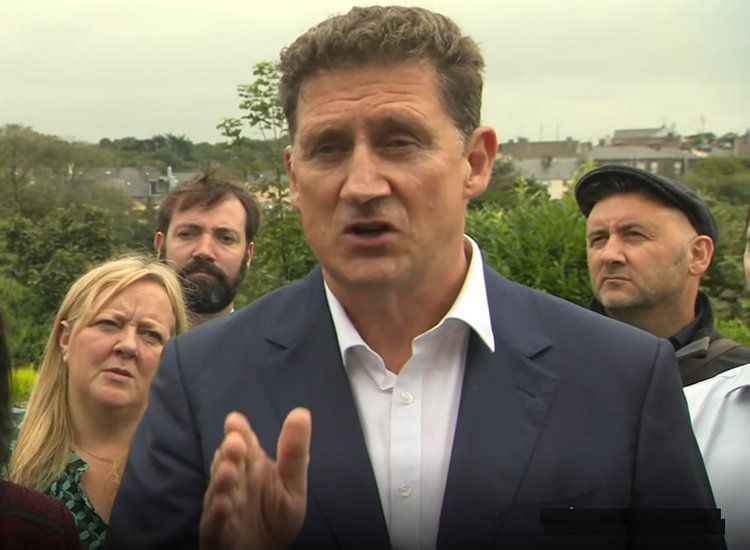

The European Union and Germany have reached an agreement after a dispute to phase out the sale of cars that use fossil fuels by 2035.
A landmark deal to ban new fossil-fuel car sales by 2035 is key to an ambitious plan to become a “climate-neutral” economy by 2050 with zero greenhouse gas emissions.
Germany has asked the EU to provide assurances that the legislation would allow the sale of new cars with combustion engines running on synthetic fuels, the focus of a breakthrough announced this morning.
“We have found an agreement with Germany on the future use of efuels in cars. We will work now on getting the CO2-standards for cars regulation adopted as soon as possible,” EU environment commissioner Frans Timmermans said on Twitter, reports RTE.
German Transport Minister Volker Wissing said on Twitter that combustion engine vehicles can still be registered after 2035 if they only use neutral fuels in their CO2 emissions.
Week-long talks to break the impasse between the European Commission and Germany have focused on Berlin’s desire for a stronger commitment on synthetic fuels than presented in the initial text.
The synthetic fuels for which Germany wanted an exemption are still under development and are produced using low-carbon electricity.
The technology hasn’t been proven, but German manufacturers hope it will lead to the widespread use of combustion engines.
Environmental NGOs have challenged the value of synthetic fuels in the automotive sector’s transition to clean energy sources, saying they are too expensive, polluting and energy intensive.
Some industry insiders have expressed doubts that synthetic fuel-powered vehicles can compete in the marketplace with electric cars, which are expected to get cheaper over time.
Audi boss Markus Deussmann told the weekly Der Spiegel that synthetic fuels “will not play an important role in the medium-term future of passenger cars”, even if they prove useful in the green transition, reports RTE.
Some observers saw domestic political calculus behind Germany’s initial move to block the deal, which has ruffled the feathers of some of Berlin’s EU partners.
German Chancellor Olaf Scholz’s Social Democrats form a coalition government with the Greens and the liberal FDP party, which initiated the move.
The FDP, which has lost five consecutive regional elections, is struggling in national polls and should gain support from voters opposed to the combustion engine ban, reports RTE.
Mr. Scholz was seen working to maintain coalition unity by aligning himself with the FDP’s position against the Greens.
Other major automakers Italy, Poland and Hungary have joined Germany in a small coalition against the ban on combustion engines.
The EU aims to reduce CO2 emissions from new vehicles to zero, with a combustion engine program planned to effectively introduce electric vehicles from the middle of the next decade, reports RTE.
The industry has anticipated new EU regulations by investing heavily in electric vehicles in recent years.
Tell us your thoughts in the Facebook post and share this with your friends.


